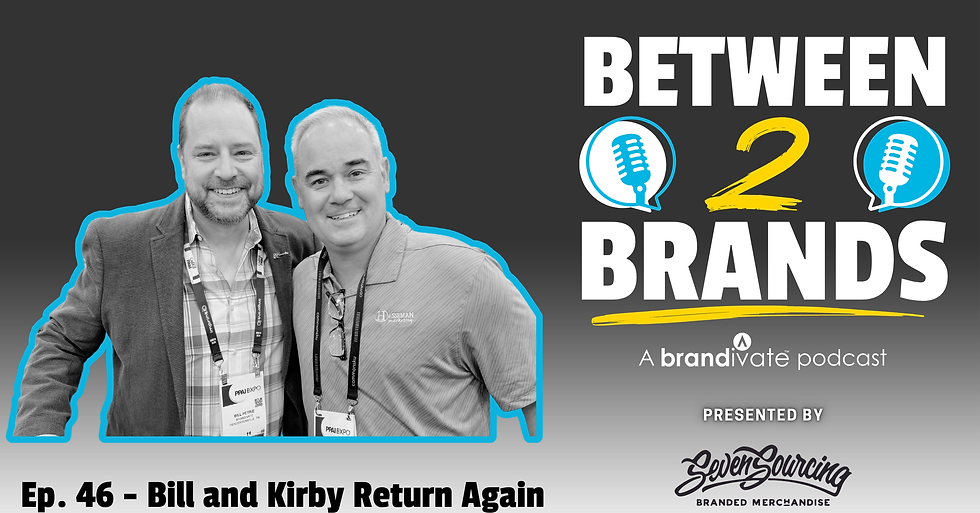The Spaceman
- Bill Petrie

- Oct 19
- 3 min read
And the space we leave behind.

I never spoke to him.
I never crossed paths with him.
He certainly had zero idea that I even existed.
But when the news flashed across the screen, "Ace Frehley, guitarist and founding member of KISS, dead at 74," it hit me like a ton of bricks.
Not surprisingly, I spent that pleasant autumn evening outside listening to song after song from the KISS catalog. Outside of my family, work, the Texas Aggies, and smoking food on the weekends, my passion is music. What most people don't know is that KISS was the band that sparked my lifelong love affair with all types of music. And, for those of us in the know, the best part of KISS was Ace Frehley.
It was around 1978 when I first heard KISS's music, which, along with their look (something my parents never really understood or approved of), immediately hooked me. In fact, the first album (in 8-track format) I ever purchased with my own allowance money was their fourth one, Destroyer. It had my still all-time favorite song by the band, "Detroit Rock City." I even begged my parents to let me dress as a Spaceman for Halloween. As evidenced by the picture here, my mom couldn't find any silver paint, so I settled on being a low-rent Gene Simmons. And, yes, I can still smell the 1970s stench on that drab couch.

While I loved the band, I only really dug Ace because he represented the fun in a band that seemed to take themselves way too seriously. While Gene Simmons aka, aka "The Demon," prowled the stage, Paul Stanley aka "Starchild," danced as he sang, and Peter Criss aka "The Catman," was just sort of there, Ace, aka "Spaceman," would be having enough fun for the four of them. He had a lilting, almost casual way of playing that was just…cool. He had a fake third pickup in his Les Paul that smoke would pour out of during a solo, and his laugh was nothing but infectious.
From there, I discovered bands like The Beatles, Van Halen, Stevie Ray Vaughan, Pink Floyd, Willie Nelson, and a million others. I have Ace Frehley to thank for that and for inspiring me to pick up the guitar, which, sadly, didn't take beyond a few chords.
Perhaps his passing hit me hard because, at 55, it made me think of my mortality. I say it often, but the older I get, the younger 74 (or whatever age, at least ten years older than my current one) seems. As icon after icon leaves this world for the next, it feels like I am inching forward toward the front of the line.
Ace's legacy is a complicated one, especially in the band he helped start. He was kicked out three times for the same reason: Gene and Paul couldn't count on him to show up on time, sober, and ready to work. As much as I loved Ace, those are reasonable requests. However, his legacy for me and millions of other fans is different: he was the catalyst that pushed me into a love of music – all music.
Regardless of whether you're a famous rock star or an accountant, each one of us will leave a legacy behind, and to be clear, all legacies are complicated and depend on individual experiences of the still living. A father's legacy, for example, might be very different for two siblings, where one was a "chip off the old block" while the other felt like they received harsher, and perhaps even unfair treatment.
Imagining the legacy you might leave behind is not for the faint of heart; it requires looking back at the mistakes you've made, the people you have disappointed, and the times you were at your worst. Many years from now, I hope the legacy I leave behind has more positive connotations than negative ones, although there will be those. As I said, legacies are messy and rarely omnidirectional because every interaction we have, good or bad, has an echo. The older I get, the more I realize that the measure of a life isn't in the house, the car, or the stuff. It's the ripples we leave in the lives of the people we knew.
The Spaceman may be gone, but his music and his influence will keep orbiting for generations. Maybe that's the best any of us can hope for: to shine bright enough that, when we're gone, someone looks up and still sees our light.
_edited.png)



Comments